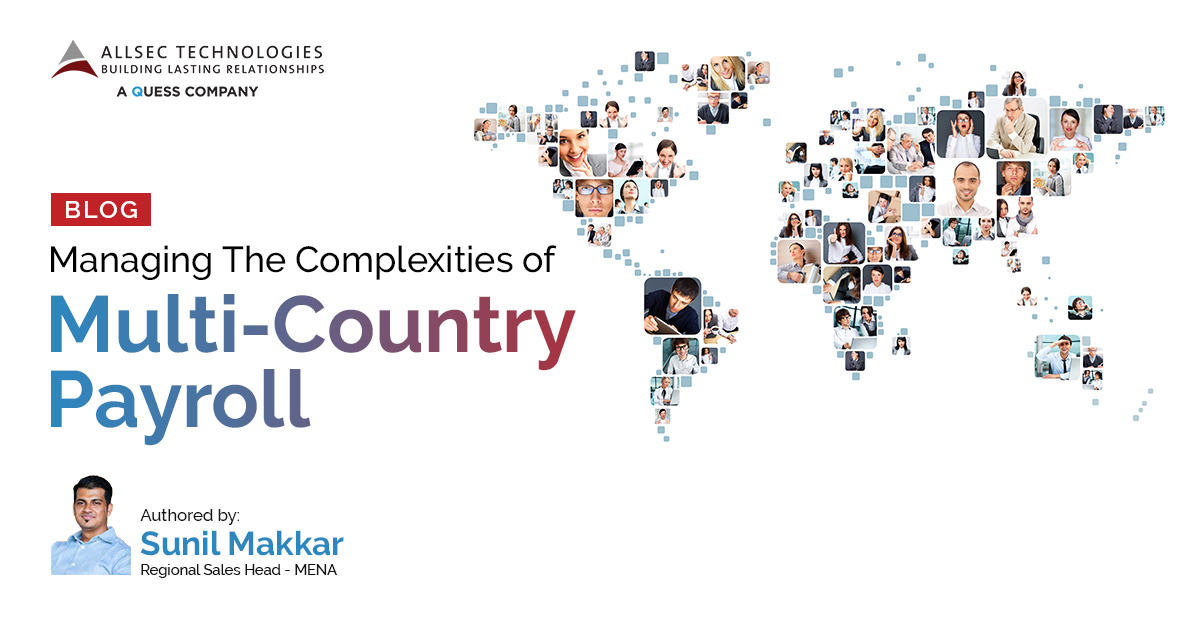
Every nation has unique payroll laws, regulations, and taxation systems. Thus, when companies have a presence in more than one country, the payroll process gets more complex. They need payroll platforms that can help them manage the requirements of multiple countries within a single portal. In this article, we’ll discuss the challenges of multi-country payroll and the steps companies can take to streamline the process and ensure compliance.
Challenges of Multi-Country Payroll
One of the biggest challenges of multi-country payroll is staying up-to-date with the latest, payroll-related laws, regulations, and tax codes in each country where employees are located. These laws and regulations can change frequently, and companies must ensure that they are compliant at all times to avoid penalties and fines. Additionally, different Don’t countries may have different payroll processing requirements, such as different pay frequencies, tax forms, and deadlines.
Another challenge of multi-country payroll is currency conversion. Employees in different countries may be paid in different currencies, and companies must convert these currencies into a common currency for reporting and tax purposes. This can be a complex process, and companies must take care to ensure that the exchange rates used are accurate and up-to-date.
Managing payroll in different countries can also be time-consuming, as companies must ensure that all payroll information is entered correctly and that all necessary reports and forms are filed on time. This can be a burden for companies with limited resources, and it can be difficult to manage payroll for multiple countries without a dedicated team or payroll provider.
Steps to Streamline Multi-Country Payroll
Despite the challenges of multi-country payroll, there are several steps that companies can take to streamline the process and ensure compliance. These steps include:
Engaging the right payroll provider
There are myriad payroll solutions in the market, each with unique strengths. It is important to identify a solutions provider who can help overcome your payroll challenges. For instance, our presence in over 40+ countries also enables us to help MNCs streamline the payroll process across nations.
Implementing payroll technology
Companies can leverage modern technology to manage payroll information for employees in multiple countries. With the right mix of talent and technical know-how, payroll solutions providers help automate many of the manual processes involved in payroll processing and can ensure that all information is entered correctly. At Allsec, the SmartPay platform is built with country- and industry-specific presets that help cut down on platform set-up and customization time.
Keeping up to date with laws and regulations
Companies must stay up to date with the latest laws and regulations in each country where employees are located. This can be done by subscribing to newsletters, attending seminars, and consulting with payroll providers or legal experts. Businesses must also partner with payroll solutions providers who frequently update their processes to comply with the current laws of the land.
Establishing standard processes
Companies can establish standard processes for payroll processing in each country to ensure consistency and efficiency. This may include standardizing payroll forms, pay frequencies, and tax forms.
Multi-country payroll can be a complex and time-consuming process, but companies can streamline the process and ensure compliance to make it easier for them. By taking the steps mentioned above, companies can simplify multi-country payroll and ensure that all employees are paid correctly and on time.
Sunil Makkar
Regional Sales Head – MENA



